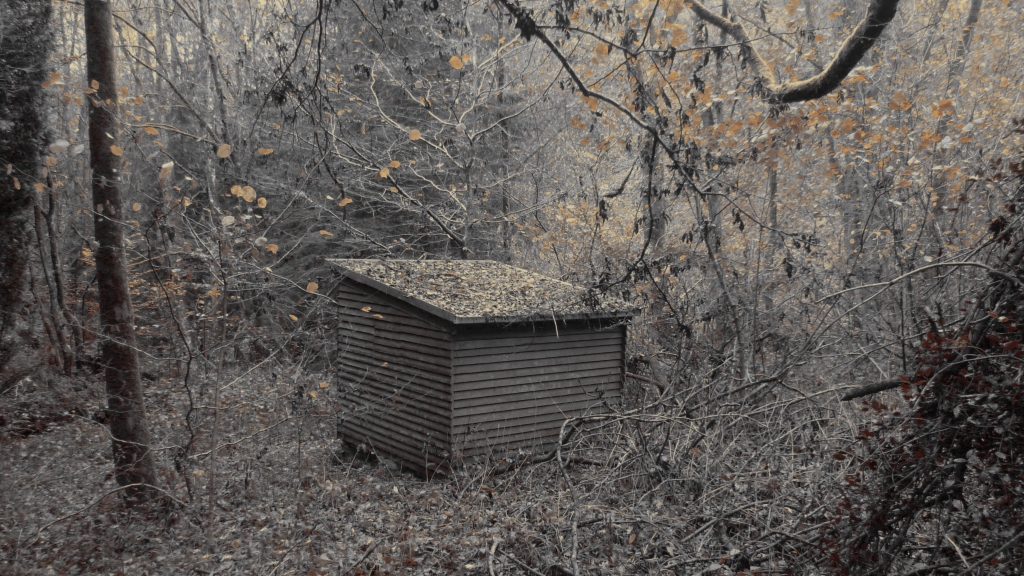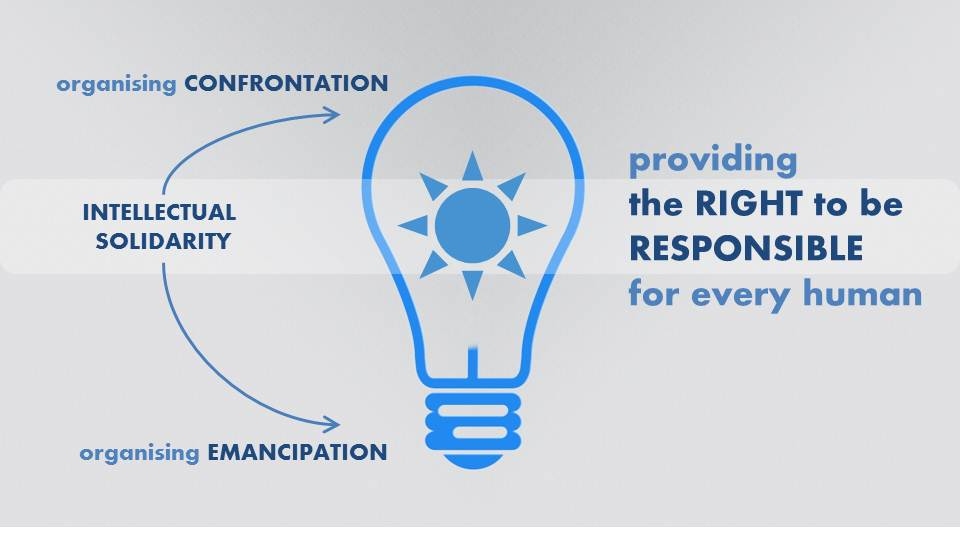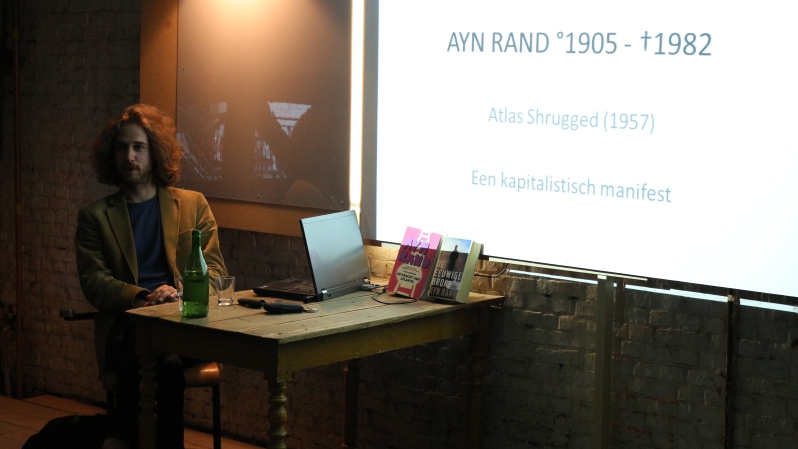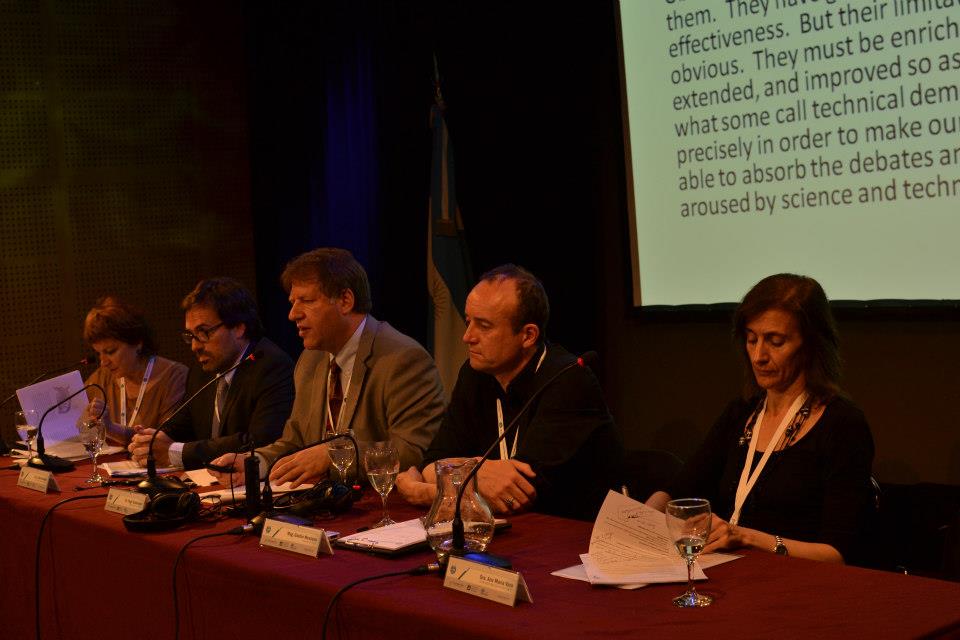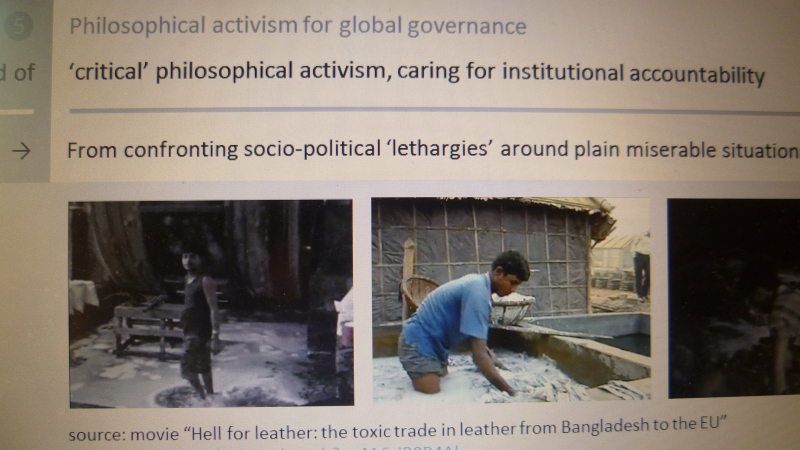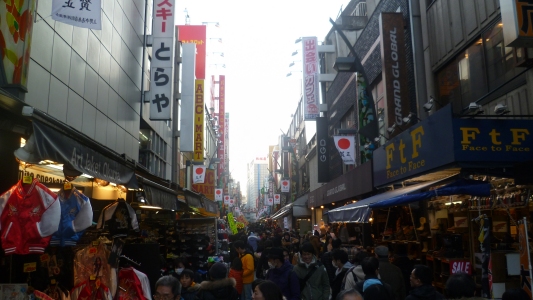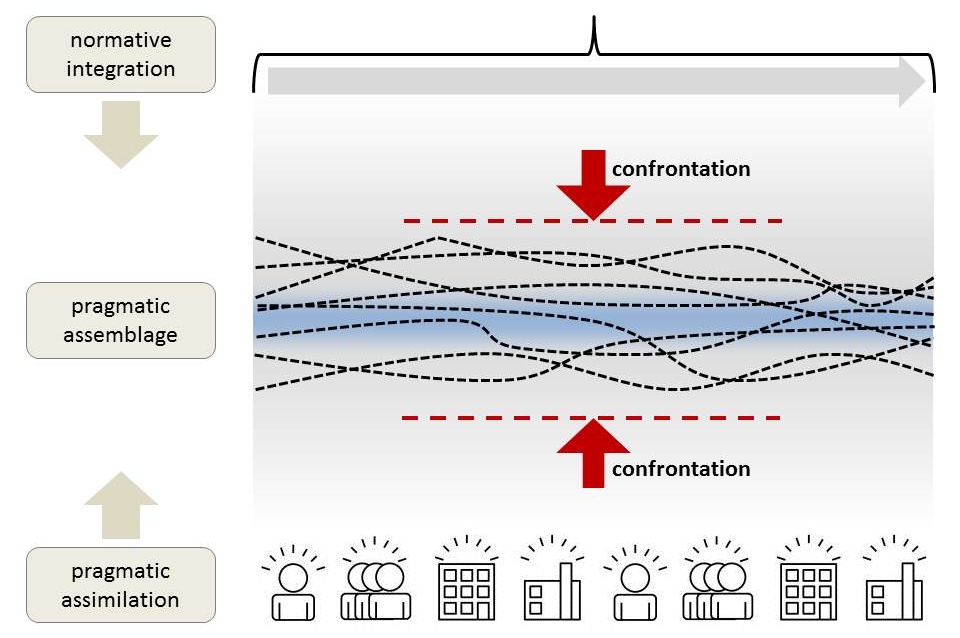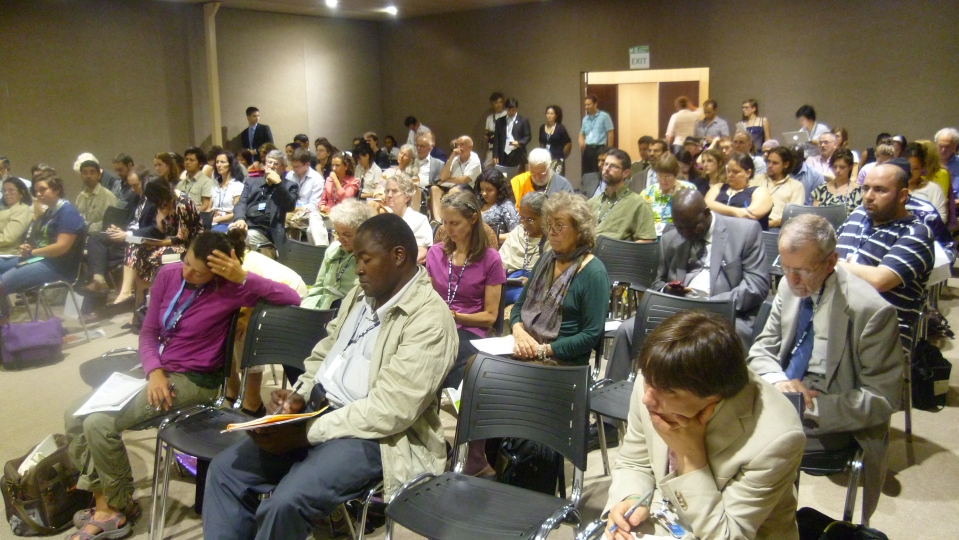[text and image credits: Gaston Meskens for The Arts Institute]
[text written on the occasion of the show ‘Images and colors’ of Stijn Cole with Galerie Van de Weghe]
Onze natuur, of de politiek van de gelatenheid.
Vandaag is Darwin multi-inzetbaar. Hij wordt er bij gehaald om verdachte religieuze standpunten onderuit te halen, maar ook om ons eraan te herinneren dat we als mens niet al te stoer moeten doen in onze relatie met de natuur. We staan niet boven de natuur maar maken er deel van uit, en als we die relatie verstoren worden we daar simpelweg zelf slachtoffer van.
Met alle aandacht die Darwin krijgt zouden we Herbert Spencer nog vergeten. De bekende uitdrukking ‘survival of the fittest’ komt namelijk van hem, en het was Darwin die ze overnam in de vijfde editie van zijn Origin of Species. Maar Spencer was een filosoof die Darwin las met een bedenkelijke bedoeling: hij wou het idee van ‘natuurlijke selectie’ toepassen op zijn economische, sociale en zelfs ethische theorieën. Spencer’s ambitie was de ontwikkeling van een allesomvattende evolutieleer die niet alleen de fysieke natuurlijke wereld beschrijft, maar ook het wat, hoe en waarom van mens en maatschappij. Die ruime blik is op zich niet controversieel, maar Spencer was een soort hybride positivist. Hij geloofde dat niet alleen de natuur, maar ook alles wat ons mens maakt werkt volgens de logische wetten van de mechanica en de wiskunde. En hij was hybride omdat hij op het toppunt van zijn carrière ook het ‘rationele geloof’ in een transcendente niet-ingrijpende god proclameerde. Die combinatie van deïsme en positivisme maakte hem populair in een moderne tijd waarin wetenschap beloofde ons algemeen praktisch welzijn te gaan verzekeren, maar er blijkbaar toch niet direct in slaagde om ons onbehagen rond de vragen des levens weg te nemen.
Het denken over totaalsystemen die niet alleen de samenhang van mens en natuur verklaren maar ook ons bestaan betekenis en zin moeten geven is even oud als de intelligente reflecterende mens zelf. In de moderniteit van de vorige eeuw werden ze systematischer uitgewerkt, maar niet noodzakelijk altijd rationeel wetenschappelijk. Want ook de moderniteit kende haar tegenbewegingen, hetzij via spiritualiteit, hetzij via kunst, en dikwijls via een combinatie van de twee.
Hou Spencer even in gedachten, want dit verhaal neemt nu een andere invalshoek. Het schoolvoorbeeld van de ideologie van het geheel van mens en natuur, gedragen door kunst en spiritualiteit, is waarschijnlijk wel het Bauhaus. Johannes Itten maakte deel uit van de originele kerngroep van de Bauhaus school en was ook een systeem- en totaaldenker. Als aanhanger van de Mazdaznan leer kon hij echter niet van koud mechanistisch positivisme beschuldigd worden. Mazdazdan was een religie die voorhield dat de aarde zou moeten hersteld worden als één grote tuin waarin de mensheid zou kunnen samenwerken en converseren met god. De religie bouwt voort op de oude religieuze filosofie van Zarathustra, een visie die stelt dat alles in feite een strijd is tussen twee tegengestelde oerkrachten: de verhelderende wijsheid en de destructieve geest; een filosofie die zoals gekend ook Nietzsche inspireerde. Die strijd had voor Itten echter niets te maken met een survival of the fittest. Itten geloofde in het unieke en in de kracht van elke mens en ook dat die via individuele meditatie en creatieve samenwerking tot uiting konden komen. In zijn kleurenleer stelde hij ook dat elke mens, voorbij sentimentele en persoonlijke voorkeuren, objectief in staat is om sets van kleuren te associeren met de vier seizoenen. Dit was voor hem een bewijs voor onze diepe verbondenheid en harmonie met de natuur. Maar Bauhaus voorzitter Walter Gropius was eerder geïnteresseerd in massaproductie ten dienste van de esthetische emancipatie van het volk. Hij zag geen heil in mystiek of in het stimuleren van individuele artistieke expressie. Itten werd bijgevolg met kleurenleer en al weggestuurd van de school.
Spencer nam uiteindelijk afstand van het idee van de transcendente god en concentreerde zich op zijn positivistisch wereldbeeld, en Itten concentreerde zich dan maar op onderwijs in kunst en ambacht en uiteindelijk op zijn eigen schilderkunst. In functie van het modernisme was de beoogde harmonie van Spencer pragmatisch maar pervers, en die van Itten spiritueel maar blijkbaar inefficient.
En Darwin? Die wordt vandaag vooral misbruikt. Darwin leerde ons iets over hoe we evolueren, maar zei wijselijk niets over waar we vandaan komen. En toch gebruiken wetenschappers en spiritisten hem nog steeds om aan te tonen dat de ander ongelijk heeft. Vandaag bestaan tegengestelde visies op totaalsystemen comfortabel naast elkaar, en de ideologie van het pluralisme en de tolerantie bouwt niet zozeer op respect voor de visie van de ander, maar dient vooral om die van zichzelf te beschermen. Dat geldt ook voor onze relatie met de natuur. Wetenschappelijke en spirituele goeroes lopen elkaar niet voor de voeten, maar geen van beide kan de natuur en de mens redden. Ze kunnen het niet omdat ze de melancholie van onze relatie met onze natuur niet kunnen uitdrukken. De natuur sparen is onszelf sparen, maar die motivatie vereist gevoel voor esthetiek, en kan dus nooit zuiver rationeel zijn. En die esthetiek is melancholisch, want wat we als mens ook doen, steeds opnieuw zal de natuur het van ons overnemen. Eensgezinde gelatenheid is dus deel van onze verantwoordelijkheid, en als houding nog veel moeilijker te vertalen in politieke maatregelen dan zelfbescherming.
Onze natuur, of de kunst van de terughoudendheid.
In ‘Images & Colors’ toont Stijn Cole samenstellingen van tekeningen, foto’s en kleurenschema’s. Als iemand ooit op het idee zou komen om zijn werk op te stellen in een didactisch-wetenschappelijke tentoonstelling over natuurbehoud, dan zouden de bezoekers op het eerste zicht kunnen denken dat hij een wetenschapper is die gesofistikeerde analyses van vegetatie en landschap verricht. Als ze hun tijd zouden nemen om beter te kijken zouden ze echter voelen dat er iets niet klopt. Zijn ‘displays’ bevatten geen duidelijke vaststellingen, conclusies of aanbevelingen. Maar net daarom zouden ze in die vreemde setting op hun plaats zijn. Hun analytische terughoudendheid zou namelijk als voorbeeld kunnen dienen voor al die te zelfzekere ‘echte’ wetenschappelijke ratios over onze relatie met de natuur. Het werk van Stijn Cole zou ook stiekem in een tentoonstelling over het Bauhaus kunnen binnengesmokkeld worden. Zijn ‘kleurenleer’ verwijst echter niet naar een totaalharmonie, maar naar het door tijd en complexiteit onvermijdelijk gefragmenteerde van de waarneming van de habitat rondom ons. Of hij het nu wil of niet, Stijn Cole toont wat wetenschap en spiritualiteit niet kunnen: voorbij de ratio van natuurexploitatie en natuurbehoud zal de relatie van de mens met zijn habitat altijd melancholisch zijn. Wetenschap, politiek en ethiek van natuurbehoud zijn waardeloos zonder de esthetisch-melancholische blik.
Gaston Meskens
VN Klimaatconferentie, Warschau, 18 November 2013.
[Link to Stijn Cole, Galerie Van De Weghe]

